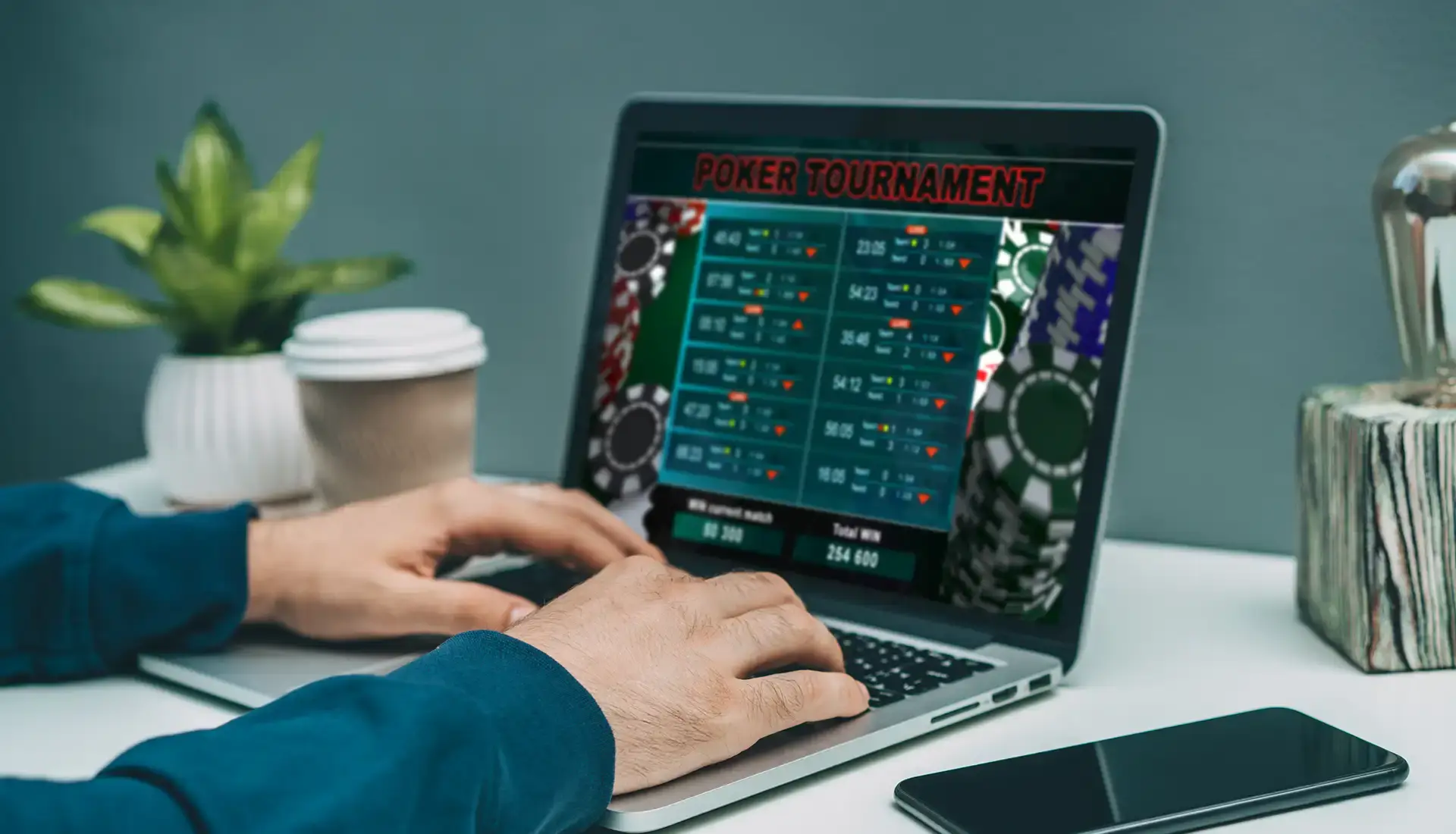Gambling addiction, also known as gambling disorder, is a complex condition that can deeply impact an individual’s mental health, relationships, and financial stability. At Back Bay Mental Health, located in the heart of Boston, we specialize in helping individuals understand and overcome the underlying causes of problem gambling through compassionate and evidence-based care.
Key Takeaways
- Gambling addiction is a complex condition influenced by a range of factors, including genetics, emotions, and environment.
- Identifying triggers, such as stress, loneliness, or accessibility, is crucial to managing the condition.
- Therapy offers tools like CBT, mindfulness, and relapse prevention to help individuals regain control and build healthier habits.
- Support from peers and family plays a vital role in the recovery process.
What is Gambling Addiction?
Gambling addiction is a behavioral disorder characterized by an uncontrollable urge to gamble, despite harmful consequences. Unlike casual gambling, which may occur occasionally without significant repercussions, gambling addiction can lead to severe emotional distress and financial turmoil. Recognizing the difference between recreational gambling and problematic behavior is crucial to addressing the issue effectively.
Common Causes of Gambling Addiction
Gambling addiction doesn’t have a single cause. Instead, it often results from a combination of genetic, psychological, social, and environmental factors. These include:
Biological Predisposition
Research suggests that some individuals may be genetically predisposed to addictive behaviors. Changes in brain chemistry, particularly in the reward pathways, can make gambling particularly enticing, as it provides a dopamine “rush” similar to substances like drugs or alcohol.Emotional Regulation Challenges
For many, gambling serves as a way to escape negative emotions such as anxiety, depression, or loneliness. The thrill of winning—or the distraction of playing—offers temporary relief, creating a dangerous cycle of dependence.Social and Environmental Influences
Living in areas with easy access to casinos, sports betting, or online gambling platforms can increase the likelihood of addiction. Additionally, societal acceptance of gambling as a form of entertainment can normalize risky behaviors.Cognitive Distortions
Many individuals with gambling addiction experience distorted thinking, such as believing they can “win back” losses or that certain rituals can influence outcomes. These false beliefs perpetuate gambling behaviors despite repeated losses.Life Stressors and Trauma
Financial struggles, relationship difficulties, and traumatic experiences can make individuals more vulnerable to addictive behaviors. Gambling may become a coping mechanism for stress or a way to regain a sense of control.

Identifying Gambling Triggers
Triggers are specific situations, emotions, or environments that lead to a strong urge to gamble. Identifying these triggers is a critical step in managing gambling addiction. Common triggers include:
- Stress and Anxiety: High-pressure jobs or personal struggles may drive individuals to seek relief through gambling.
- Loneliness or Boredom: A lack of social interaction or engaging activities can make gambling an appealing distraction.
- Financial Pressure: Ironically, financial difficulties often push individuals toward gambling in hopes of a quick fix, worsening the problem.
- Social Influence: Friends, family, or co-workers who gamble regularly can inadvertently encourage risky behaviors.
- Advertising and Accessibility: The widespread availability of online gambling platforms and persuasive marketing campaigns can make resisting the temptation to gamble even harder.
The Role of Therapy in Addressing Gambling Addiction
At Back Bay Mental Health, we take a holistic approach to treating gambling addiction, focusing on both the underlying causes and the triggers that perpetuate the behavior. Our therapeutic strategies include:
Cognitive Behavioral Therapy (CBT)
CBT helps individuals identify and challenge the thought patterns that drive gambling behaviors. For example, a therapist might work with a client to recognize and reframe beliefs like “I’m due for a win” into healthier, reality-based perspectives.Mindfulness and Stress Reduction
Techniques such as meditation, deep breathing, and progressive muscle relaxation empower clients to manage stress without turning to gambling. These practices also help individuals develop greater self-awareness, making it easier to identify and resist triggers.Relapse Prevention Planning
Therapy includes developing a comprehensive plan to handle situations that might lead to gambling. This might involve setting financial boundaries, avoiding triggering environments, or seeking support from trusted friends and family.Group Therapy and Peer Support
Group therapy offers a safe space to share experiences and learn from others facing similar challenges. Peer support groups, such as Gamblers Anonymous, can also provide ongoing encouragement and accountability.
Frequently Asked Questions About Problem Gambling
1. How do I know if my gambling is a problem?
Signs of gambling addiction include difficulty controlling your gambling habits, gambling to escape negative emotions, lying about your gambling activities, or experiencing financial troubles due to gambling. If any of these apply, seeking help is essential.
2. Can gambling addiction be cured?
While there’s no “cure,” gambling addiction can be effectively managed through therapy, lifestyle changes, and ongoing support. Many individuals achieve long-term recovery and regain control over their lives.
3. How can family members help someone with gambling addiction?
Family members can provide support by learning about the condition, encouraging treatment, and setting boundaries to protect their own emotional and financial well-being. Family therapy may also be beneficial to address relationship dynamics.
4. Are online gambling platforms more addictive?
Online gambling poses unique risks due to its accessibility, anonymity, and rapid gameplay. These factors can make it easier to lose control and harder to recognize the severity of the problem.
5. How long does recovery take?
Recovery is a highly individual process. Some people make significant progress in a few months, while others may require longer-term support. Consistency and commitment to treatment are key.




